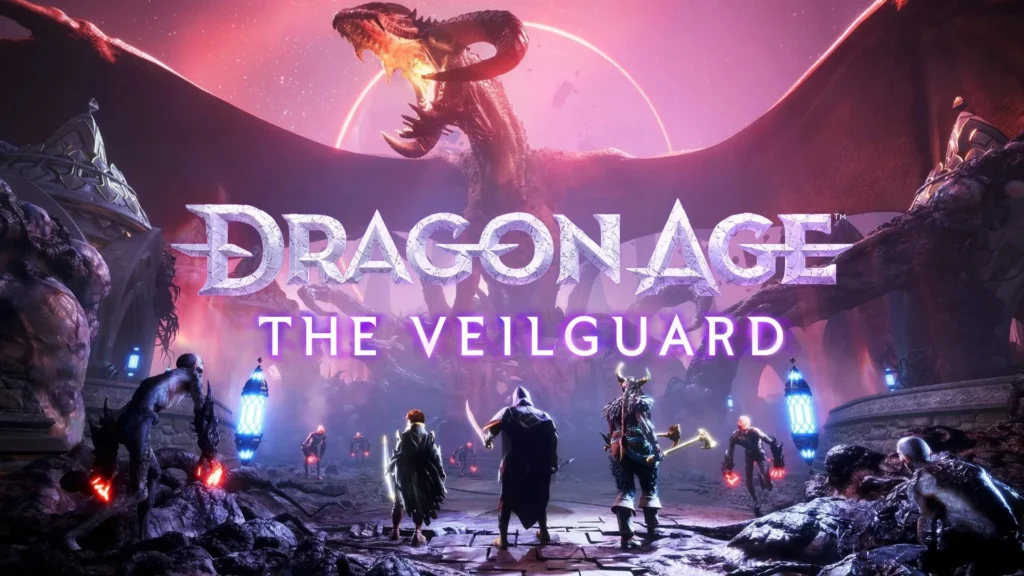Dragon Age: The Veilguard Falls Short of EA’s Financial Projections
BioWare’s latest RPG entry faces disappointing player numbers amid mixed community reception.

BioWare’s latest installment in the Dragon Age series has encountered significant challenges in the market. Dragon Age: The Veilguard, released on October 31 following a nine-year development cycle, has reached approximately 1.5 million players, marking a substantial shortfall from EA‘s projected targets.
The game’s journey has been marked by mixed reactions since its initial reveal. While professional critics awarded the title a respectable 79 average score on OpenCritic, the community response has been more divided. Steam reviews currently sit at “Mostly Positive,” with 70% of players expressing approval, though this reception hasn’t translated into the sales figures EA anticipated.
According to Bloomberg’s reporting, The Veilguard’s performance has fallen approximately 50% short of EA’s expectations, suggesting the publisher had aimed for at least 3 million units in sales. This underwhelming performance extends beyond Dragon Age, as EA Sports FC 2025 has also failed to meet the company’s projected targets during the holiday season.
BioWare Faces Uncertainty Following Dragon Age’s Market Performance
The game’s struggled to match the commercial success of its predecessor, Dragon Age: Inquisition. Notable signs of these challenges include the absence of post-launch DLC plans, typically a standard feature for major releases in the series.
Adding to the situation, Dragon Age: The Veilguard’s director Corinne Busche recently departed from BioWare after an 18-year tenure with EA. Busche clarified that her exit was prompted by an attractive external opportunity rather than the game’s performance.
The underwhelming commercial performance places additional pressure on BioWare, which has faced challenges in producing breakthrough successes in recent years. While the studio continues development on the next Mass Effect title, the impact of The Veilguard’s performance on the studio’s future projects and workforce remains uncertain amid the gaming industry’s current economic climate.